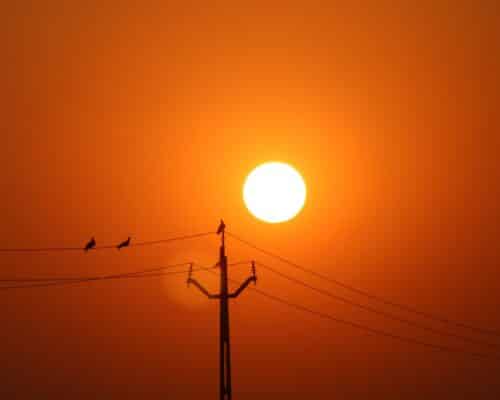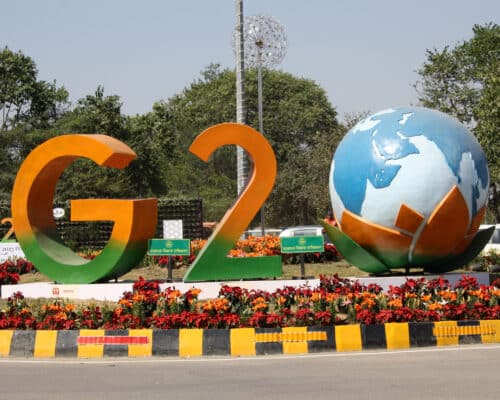energy transition
The Philippines’ Choice: Going Clean or Going With SMC
The Philippines has immense clean energy potential and has already witnessed the benefits of tapping into it. Whether the government continues in this direction will reveal if its priorities lay with the corporations or the public interest.

Heatwaves in 2023: A Glimpse Into the Future of Climate Change
The G20 Summit, the UN Climate Ambition Summit and COP28 are just some of the opportunities to seal the fate of fossil fuels.

The G20 Energy Transitions Working Group: A Wasted Opportunity For Progress
The G20 ETWG became the latest conference that failed to produce meaningful fossil fuel phaseout progress.
Renewable Energy Investing Needs in 2023
The clean energy transition needs private capital that works in concert with favourable policies, regulations, decarbonisation goals and green capital market development.
The Biggest Renewable Energy Market Jump in 2023 and 2024
The IEA's June 2023 Renewable Energy Market Update forecasts an unprecedented wind and solar power boom globally.
European Green Deal: What Asia Can Learn
Following the shining example of EU member states and designing policies similar to the European Green Deal can help developing Asia build a more resilient, sustainable and cost-efficient energy system.
The Electricity Sector in Bangladesh: What Comes Next?
Transitioning the power sector in Bangladesh towards renewable energy would unlock massive benefits for the country, its economy and society.
Japan-Vietnam Energy Relations: Opportunities and Risks
Vietnam needs a partner that will prioritise its decarbonisation and access to affordable and ready-to-be deployed solutions to make the most of its clean energy potential. It doesn't need to be pushed towards distracting technologies with questionable decarbonisation credentials. The approach that Japan will take in its cooperation remains to be seen.
The Future of Earth is at Risk: Thanks to Climate Change
The last IPCC report for the next few years gives a sobering assessment that the world is running out of time to tame the climate crisis. However, it also notes that the solutions are there for the taking.
Japanese Technology Expansion: Southeast Asia Pays the Price
This year's G7 meeting, which Japan will chair, remains an important moment for its international credibility in the battle against the climate crisis.
What Will It Take For Japan To Achieve Carbon Neutrality by 2050?
Japan prepares to host this year’s G7 meeting in light of public criticism for its lack of decarbonisation progress and a continued obsession with fossil fuels. However, the country is now uniquely positioned to prove its critics wrong. Doing so will unleash various positives, both for Japan and the region.

Companies’ Climate Pledges: A New Report Unveils the Reality
While no company is perfect, there are clear leaders that others should strive to follow. In the end, decarbonisation should be a common goal that can only succeed through collective efforts. And there is no sector better positioned to lead the global efforts in addressing climate change than the tech industry.
UAE Names Oil Chief as COP28 President: What to Expect
COP28 promises to be a historic conference where leaders can ensure that either the 1.5°C target will live to fight another day or become entirely out of reach. The dilemma will be decided at a conference chaired by an oil boss held in one of the leading oil-exporting countries. And while many analysts are sceptical, the UAE is uniquely positioned to use its influence to aid the energy transition.

The Global Cooksafe Coalition and the Mission to Accelerate the Switch From Gas to Sustainable Cooking
Cooking with gas is associated with health, climate and financial concerns. The mission of the Global Cooksafe Coalition is to help households worldwide overcome them by transitioning to electric and induction cooking.
Most Popular
Categories
-
10
-
34
-
126
-
4
-
17
-
46
-
52
-
11
-
10
-
15
-
24
-
6
-
5
-
1
-
6
-
281
-
200
-
17
-
24
-
1
-
1
-
23
-
41
-
44
-
87
-
18
-
86
-
41
-
17
-
11
-
43
-
54
-
86
-
299
-
22
-
44
-
36
-
10
-
42
-
36

